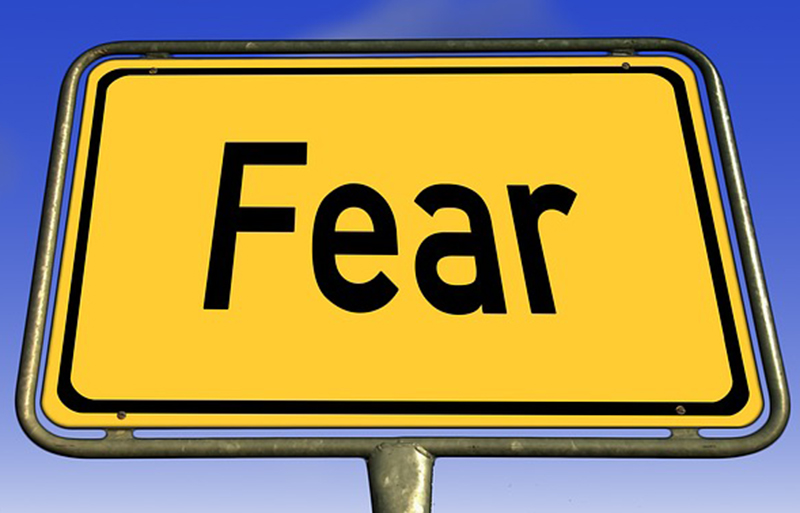 What are panic attacks and how can they affect your life?
What are panic attacks and how can they affect your life?
Many who do not experience panic attacks may wonder how these effects of anxiety occur and why it is so devastating to the individual who suffers from them on a frequent basis.
Those who suffer from panic attacks may not be able to leave the house or work. They may not be able to deal with certain situations or be able to be around specific objects. This can greatly interfere with daily life and make it very hard on the person.
What Are Panic Attacks?
Panic attacks begin with anxiety, fear or worry. Everyone feels anxiety at times, but the anxiety that someone who experiences these is intense.
Fear, Worry And Physical Symptoms of Panic
People who suffer from intense panic are not able to control emotions that they begin to feel, including the anxiety, fear and worry. Then, this causes them to become even more anxious and start to feel physical symptoms, like the world is closing in and squeezing.
These physical symptoms can make the person feel as though they are having a heart attack, seizure or some other severe medical problem.
Physical symptoms are a big part of understanding panic attacks. Those who enter into a high level of fear, worry and anxiety may start to feel their heart beating faster, heart palpitations, and a tightening in their chest. This causes even more worry since the person then feels as though they are going through much more than just a fearful situation.
The person might also experience some neurological symptoms such as uncontrollable shaking, twitching, and jittering. This person is literally shaking from fear and terror over the situation or object they have been confronted with.
Other physical symptoms include
- Headaches,
- Stomach upset,
- Diarrhea,
- Hot flashes or chills,
- Nausea and other bodily reactions.
What Are Panic Attacks Caused By?
There are many causes for panic attacks. These causes differ for each individual. Humans have so many different life experiences and triggers for panic.
Coexisting Mental Disorders
Some people who have chronic attacks of intense anxiety or fear may be experiencing a psychological disorder such as
- Generalized Anxiety Disorder,
- Obsessive Compulsive Disorder,
- Phobia, Social Anxiety,
- PTSD, and
- other anxiety related disorders.
These disorders make a person feel anxiety at a much higher level then someone who does not have a psychological disorder.
Physical Medical Disorders
Attacks can also be caused by medical disorders such as Thyroid Disorder, Migraines, Irritable Bowel Syndrome, some heart conditions and other anxiety provoking disorders.
Some of these disorders will directly cause anxiety because of physiological reasons and others will provoke anxiety as a result of the medical disorder.
Those who experience medical problems may be afraid of their failing health or the medical problem may cause them not to be able to engage in certain activities or do as much as they were able to do at one time.
Medications Can Cause Panic Attacks
Medications can also cause panic attacks.
The side effects of many medications will result in insomnia, restlessness, nervousness and anxiety itself. Those who are susceptible to anxiety will find that the medication makes it harder to control the way that they feel. If the medication keeps them from sleeping this can also precipitate symptoms.
Every person and their body chemistry is different. Neither patients or their doctors can always predict how one will react to a given medication. However, there are a few medications that have been known to cause anxiety or full-blown attacks in some people:
- Amphetamines (e.g. Benzedrine)
- Steroids
- Asthma medications
- Blood pressure medications
- Caffeine (and OTC drugs that contain caffeine)
Understanding What Panic Attacks Are & Their Symptoms
Understanding what panic attacks really are will help you support a friend or family member that experience panic attacks on a regular basis. These people are not going crazy and they are not inventing their symptoms.
Panic attacks are real disorders that can take over someone’s life. Supporting and encouraging a sufferer to seek help will be the best way to reduce panic attack occurrences.
Leave a Reply